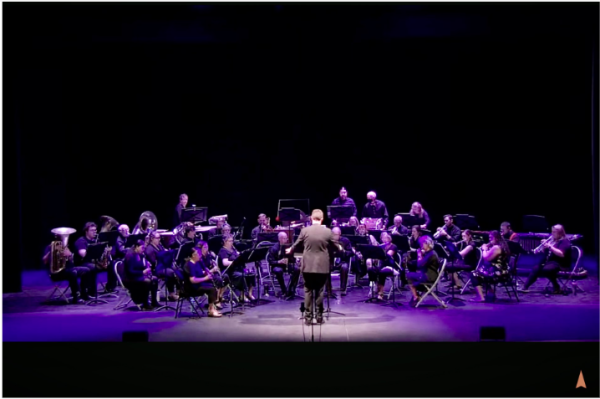Campus unions weigh in on unification
The ongoing process of unifying the Johnson and Lyndon campuses will certainly have an effect on the employees of the soon-to-be unified institution.
Because the faculty and staff of the two colleges are unionized, changes to the nature of their jobs have to be negotiated between the unions and the administration.
Besides chairing Johnson’s mathematics department, Julie Theoret is also the chapter chair of the Vermont State Colleges Faculty Federation, a member of the American Federation of Teachers.
“One of the first questions we asked was, ‘how will this affect our contracts?’ Our contracts lay out specific things about our job. If those things are changing, then that’s in breach of the contract,” said Theoret.
While the faculty federation represents the faculty, the staff of the colleges are represented by the Vermont State Colleges United Professionals (VSCUP) and the Vermont State Employees Association (VSEA).
Sandra Noyes, the unit chair of the VSEA’s represented staff, says that staff members represented by VSCUP will likely be more impacted by unification than those represented by VSEA.
“I don’t think unification will change much for us,” she said. “Our unit includes maintenance workers — which each campus will continue to need — housekeepers, custodians, both campuses need that too. The office people all work directly with the students, so I don’t think it’s going to affect us as much.
“Jeb actually told us that it wouldn’t affect our unit like it will the professional unit,” she continued.
Jeb Spaulding, the chancellor of the Vermont State Colleges, has said that the ongoing process of consolidating “back-office positions” is distinct from — but related to — the unification of the two colleges. While consolidation is an ongoing process across the entire VSC system, unification only involves Johnson and Lyndon.
“Jeb keeps saying, ‘I just hope the unions will cooperate,’ but he doesn’t go any further to tell us what he wants us to cooperate on,” said Noyes. “In our contract it says every campus will have a certain number of officers. It doesn’t say, ‘college.’ It says each ‘campus.’ It’s not like we can have a campus chair on one and not the other. Everybody has to keep their ears to the ground to hear what’s going on.”
The faculty union is ready to receive more concrete information about the changing expectations of a unified institution.
“As far as we’re concerned, right now we don’t have any issues because we don’t know what the issues are,” said Theoret. “When a decision is made, we’re going to look at it and say, ‘how is this going to affect the faculty contracts?’ If it does, then those changes actually need to be bargained. They can’t just make the changes [unilaterally].”
“If faculty are going to be required to teach at the different campuses on a regular basis and do a lot more traveling, then we as a union might say, ‘well, we’re going to look at the policy that’s in place now for that type of thing,” she continued. “There is a stipulation that says if we teach off-campus, we actually get compensated for that. For mileage and for seat-time.”







